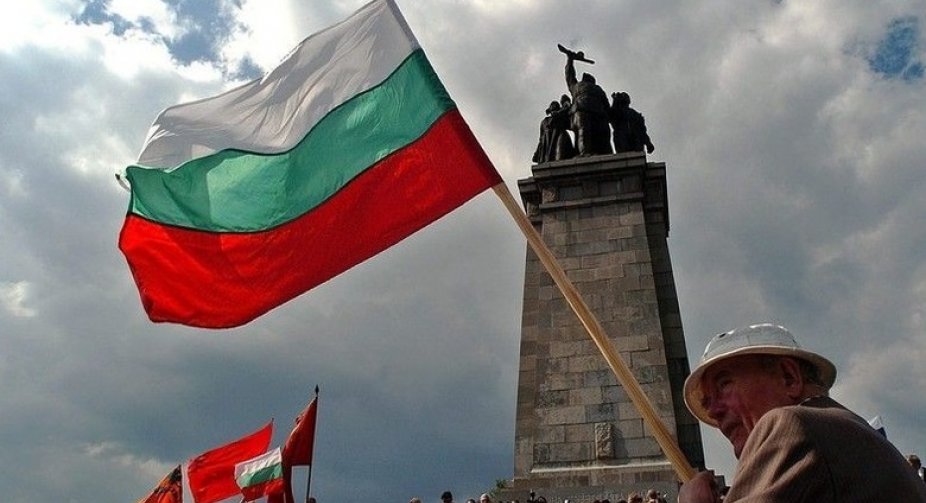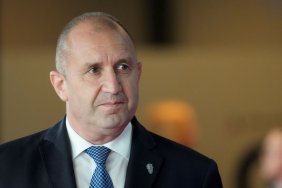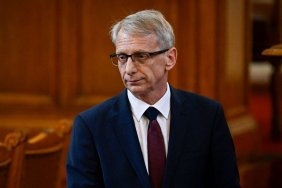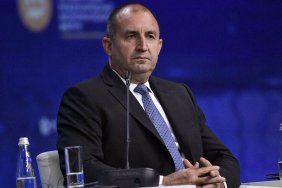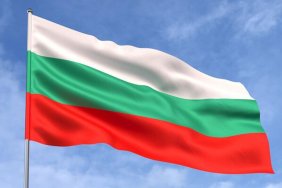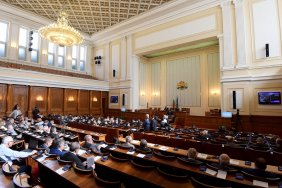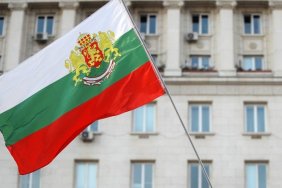Bulgarian President Rumen Radev has set Oct. 2 as the date for the country's fourth parliamentary elections less than two years after the collapse in June of the coalition government of reformist Prime Minister Kirill Petkov.
This was reported by Reuters.
Radev also appointed former Labor Minister Galab Donev to head an interim government at a time when Bulgaria is facing skyrocketing inflation, doubts about gas supplies and other consequences of Russia's war against Ukraine.
The interim government will work from Aug. 2 until a new government is formed after snap elections.
The interim cabinet is expected to take a softer stance toward Moscow, which may include efforts to resume imports of Russian gas. It may also try to mend relations with Moscow after the Petkov government expelled 70 Russian diplomatic personnel over suspicions of espionage.
Bulgaria's political crisis began in June, when the populist There is Such a People party withdrew from the four-party governing coalition. The opposition GERB party, led by former Prime Minister Boyko Borisov, initiated a vote of no confidence, and Kirill Petkov's government was dismissed.
The largest party in parliament, Change Continues, tried to form a new government, but failed to gather 121 MPs and decided not to propose a new government.
Recall that after the vote of no confidence in the government, former Prime Minister Chiril Petkov blamed Russia and the powerful mafia of his country.
